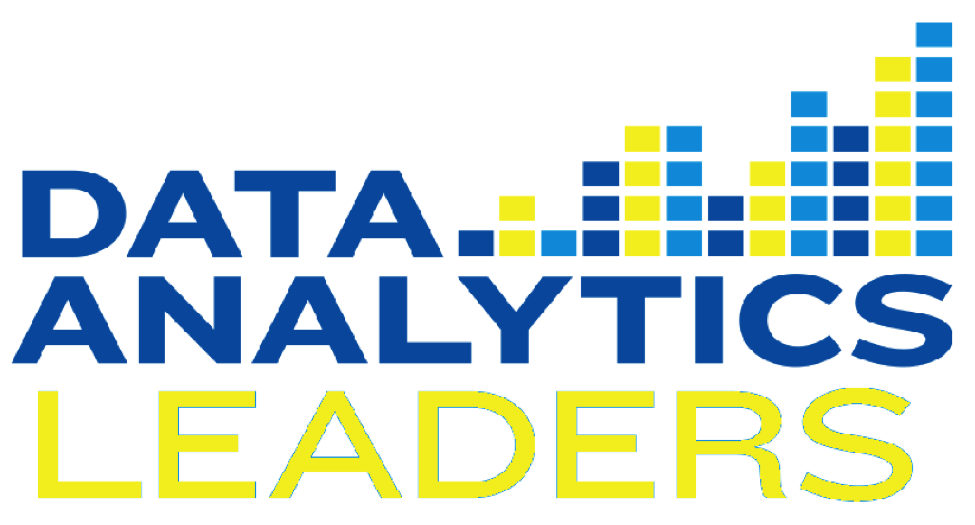Learn more about Jack Dawson.
 It is now common knowledge that effective data management can translate into profitable monetization. Running big data, analytics and data strategy is no longer a technical process that only involves data scientists. Several tools in the market have made the process of storage and presentation simpler, enabling the sharing of data to the rest of the organization. This is enabled by the easy translation of data by the available systems that have easy presentation tools. Therefore, even small businesses can have good business intelligent tools to maximize their highest potential in data analytics.
It is now common knowledge that effective data management can translate into profitable monetization. Running big data, analytics and data strategy is no longer a technical process that only involves data scientists. Several tools in the market have made the process of storage and presentation simpler, enabling the sharing of data to the rest of the organization. This is enabled by the easy translation of data by the available systems that have easy presentation tools. Therefore, even small businesses can have good business intelligent tools to maximize their highest potential in data analytics.
The type of your data influences the game plan of data management and marketing strategies. To avoid being held back by false misconceptions, read on to get basic info on the four data elements – big data, data strategy and data analytics to acquire smart data for your organization.
Simple Data
With this data, the information can be inputted without requiring conglomerates and indexes, since the info is straightforward and not large. However, businesses should not invest in limited content management systems to house their simple data. You should always have the future in mind. As the organization grows, so does the clientele and data. With time, your simple data will graduate to higher levels of data and you do not have to go back to the drawing board to change your systems when you can just start with a system that enables growth.
Big Data
If your traditional data storage methods have ceased to be capable of storing your organization’s data, then you are dealing with big data. Businesses can turn around their marketing strategies for the good once the employees learn how to organize and manage the data. This involves presenting the right information to the rest of the company, especially to the managers and CEO’s as they lead the strategy. The presentation of assumptions can cause losses since the company can invest in poor marketing techniques.
Diversified Data
This is data derived from several sources, but has not grown to the level of complex data. The amount of information is still not huge but entails smaller sets of data. The challenge of this data is to connect the available information. This can be solved by having a relational CMS.
Complex Data

These are larger sets of data derived from various, different sources. Complex data is the most challenging form when it comes to its organization and management; hence, business owners are obliged to involve in-house or outsourced data scientists and to invest in third party tools.
With the complexities that complex data can bring, organizations have learnt that using single tools that are capable of storing large amounts of data simplifies the process, over having multiple tools. Simple tools also enable easier and effective communication across various departments regarding the customer profiles. The employees are able to easily access, interpret and present the data, not having to wait upon IT professionals to do the work for them.
DATA ANALYTICS
Raw data does not have any influence on a business until it is assessed, analyzed and made into useful information that enables the company to understand their customer demographics. One of the biggest challenges that companies face is to derive monetary value from their data. This can be assured by effective business intelligence and analysis.
Many businesses make the common mistake of piling up collected data then start planning for analytics. This usually just makes the business store useless data for a long time. Businesses should instead take the first step in data analysis with the small set of information that they start with, and grow in the data analytics and data base in a parallel manner. This is a great way of making data management a more pleasant task for the company’s employees or DBA experts.
No business has an excuse of excluding BI in their marketing strategy, with the available tools and options in the market. Experts and manufacturers are making the process simpler and more user friendly by the day. If you are still wondering if your business really needs a BI tool, here are reasons that you should consider:
Is your data bringing in profits in your organization?

The purpose of data is to be turned into information that brings the needed awareness to direct more profits into the business through effective marketing campaigns. If your data seems useless instead, then it is time to rethink your strategy.
Your excel worksheets are no longer big enough
Excel sheets are for handling simple data. Therefore, as your data grows, the spreadsheets that you are used to may no longer be scalable enough to handle your data. You need not to persevere through multiple excel sheets that are limited in data sharing. You will do yourself and your employees well by investing in a good BI tool that enables easier data management and information sharing.
You spend a lot of time bringing together data from different sources
BI tools are made to enable easier management of data derived from many sources through relational data management. You are doing yourself injustice by if you do the data groupings yourself while there are available systems to do the work for you. You need this valuable time to concentrate on other important tasks.
Although the term business analytics or business intelligence is usually framed as a highly scientific and technical field that can only be handled by highly trained scientists, big corporations have debunked this myth by choosing very simple BI tools to run their complex data. There is a huge risk of integrating multiple tools including increment of costs and the hideous task of merging the different tools to work in unison for accurate data analytics.
Be aware that data strategy and analytics is now the most lucrative way to increase profits in your business. However, many companies have not reaped the anticipated rewards due to poor understanding, misguidance and the lack of enough professional data analysts in the market. This should however not make you shy off from taking the first steps in learning the science of customer profiles data management. Once you start and be positive in the journey, professionalism and skill will follow you and your employees.
